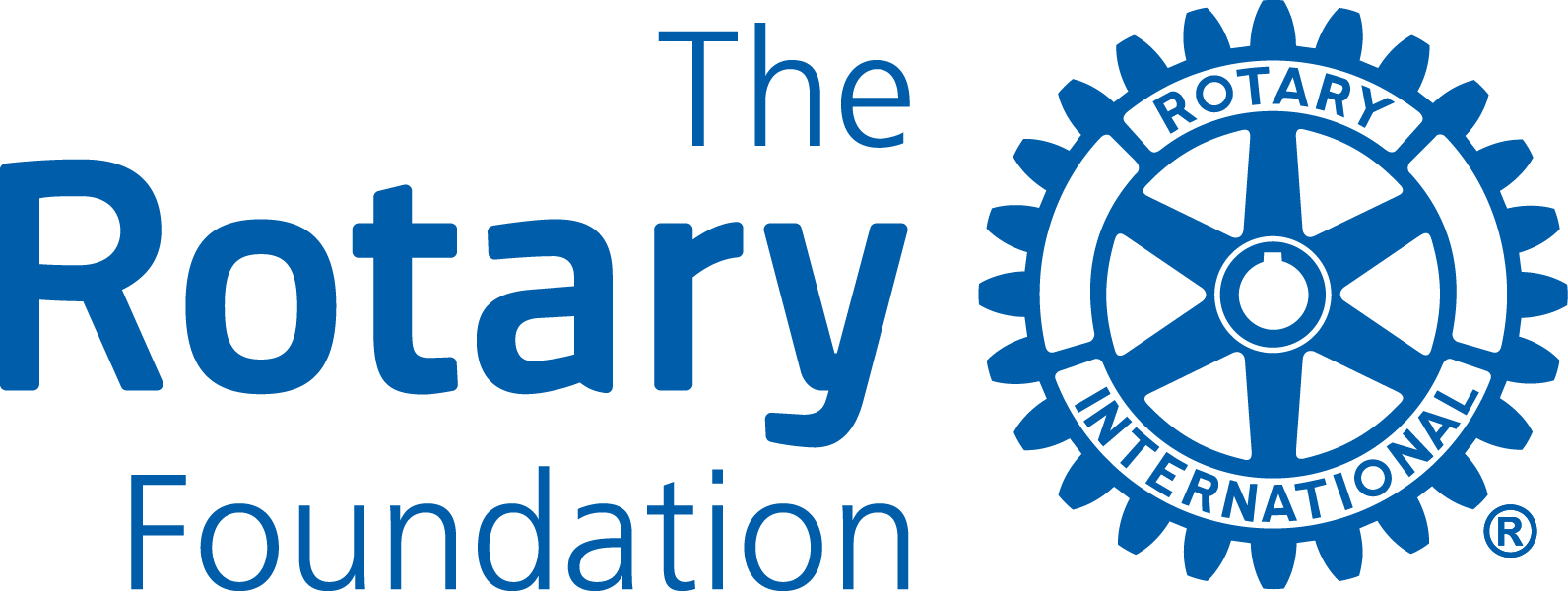TRF - 2017 Grant Updates

The new Grant Center provides a wealth of new and improved information on how best to access and contribute to grants. The updated guide How to Use the Grant Center now includes information about authorizing a global grant application, adding bank account information, and reporting on a global grant.
Using Delegation in the Grant Center
Delegation is the feature that allows some club and district leaders to share their level of Grant Center access with other Rotary members, allowing them to view, edit, and authorize applications. This way, clubs and districts can customize the Grant Center to meet their needs more efficiently. The delegation functionality was temporarily suspended, but will be available again beginning 2 May.
Online Qualification
As you prepare for the new Rotary year, here’s a reminder that 2017-18 district governors, governors-elect, and district Rotary Foundation chairs need to review the district memorandum of understanding and complete the online qualification process. Qualification, required for any global grant sponsor, helps ensure that Rotarians understand the financial duties of grant management. Rotary offers resources and training templates for districts and clubs planning grant management training or seeking to learn more about financial management. Starting this year, we have further clarified Rotary’s policy that districts cannot require any financial contributions to The Rotary Foundation as a requirement of club qualification. You will find this clarification in section 3 of the MOU.
Complete district qualification by 1 July to prevent any disruption in grant processing. Contact stewardshipdepartment@rotary.org with any questions.
Where is the water?
Water and sanitation is the second most popular area of focus for global grants (after disease prevention and treatment). Yet everyone has heard stories about wells that dry up shortly after being dug. How do we prevent that in global grant projects? The answer is a hydrogeological survey. The Foundation requires anyone whose project is accessing groundwater to include such a survey in the project planning. It will tell you where water can be found and where it can’t. Rotarians, outside contractors, cooperating organizations, and governments can do the surveys. Applicants can include the survey cost in their global grant budget. Project sponsors will want to follow with testing to ensure that the water is safe to drink, if that’s the reason for their well. If you have questions, contact your regional grants officer.
Widen your regional network of experts
We encourage chairs of district Rotary Foundation committees and district grants subcommittees to enlist the help of their district international service chairs to develop or expand their regional networks of experts to improve global grants. Read a report on how to maximize the use of local Rotarians and community expertise to enhance global grant projects.
Changes to grant terms and conditions
The Foundation periodically updates grant terms and conditions to clarify them and include policy changes. See the current version, which reflects these changes:
Section 2
- Updated guidelines for use of the name “Rotary” or other Rotary Marks, and an added link to guidelines for signs at Foundation-funded projects
- A requirement that hydrogeological surveys must be completed for projects that will access groundwater
- A stipulation that global grants support international (not domestic) travel for up to two individual as part of a humanitarian project
- Added categories of infrastructure construction that are eligible
Section 3
- Clarified restrictions for global grant funding related to construction of structures
The value of international partnerships
Collaboration between international partners is a key feature of global grants. Thanks to the Rotary network, it’s possible to work toward a common goal with Rotarians from other countries, which offers a wonderful opportunity to promote peace in the world. Project partners can also provide valuable financial resources, technical expertise, and management experience. Plus, international partners can offer differing ideas and strategies, leading to more effective problem-solving and innovation.
We’ve heard from some Rotary clubs that they struggle to find partners for global grant projects. Here are resources that can help clubs find partners:
- Rotary Ideas, a platform that allows you to request partners, materials, or international support and contributions
- Rotary discussion groups, a forum for clubs to exchange project ideas and request assistance
- Rotarian Action Groups, members and others who are experts in a particular field and who help club and district projects
- Intercountry committees, networks of Rotary clubs or districts in two or more countries working together on service projects, sponsoring new clubs, or other activities
- Project Fairs, regional events that Rotary districts host to encourage international friendship and collaboration
- Rotary Fellowships, independent, social groups that share an interest in a hobby, recreational activity or profession